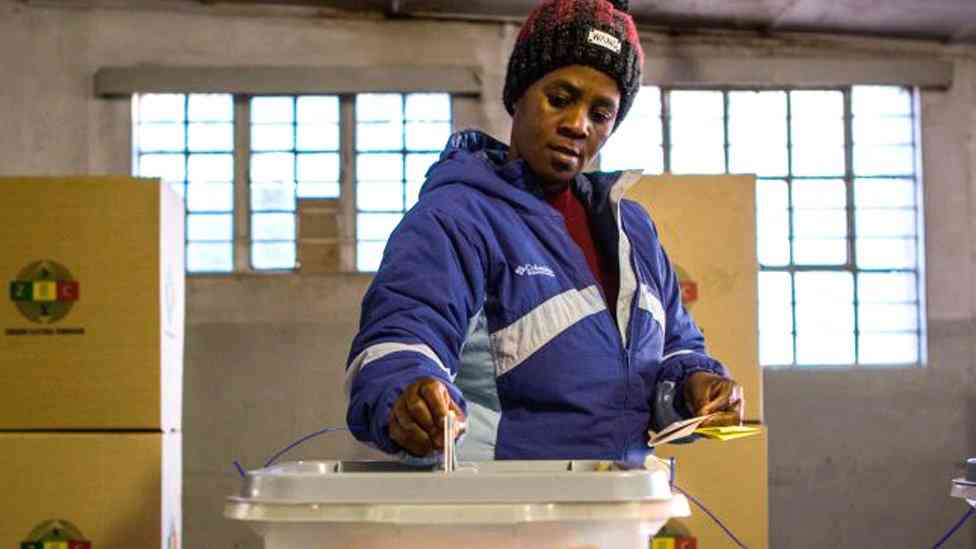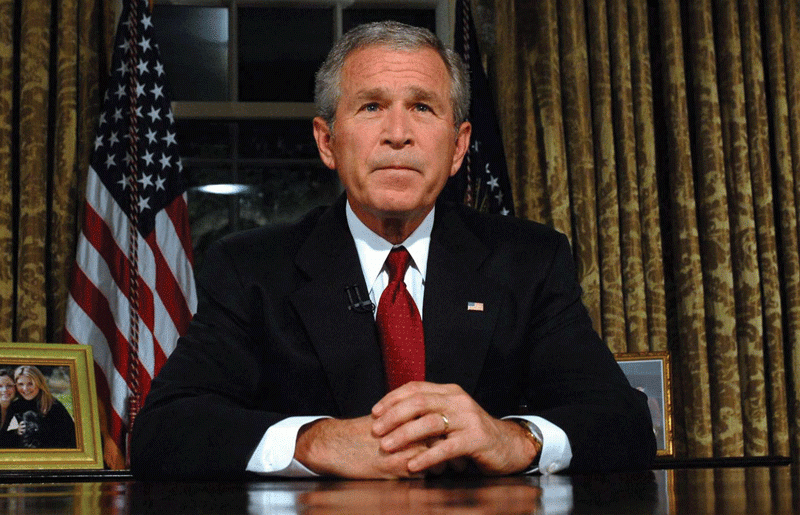
There has been ongoing debate regarding participation in elections in Zimbabwe without electoral reforms. Some argue that it is possible to defeat Zanu PF under the current legal regime, while others advocate for electoral boycotts, contending that any form of participation merely legitimises the “fraudulent” polls.
It is essential to recognise that elections are a legal instrument used to establish a legitimate government in any democratic context. Therefore, anyone claiming state power must secure their position through a legitimate election conducted in accordance with the laws of the jurisdiction they seek to lead.
It is crucial to acknowledge that the law—whether just or unjust — profoundly influences elections in Zimbabwe. This influence is multi-faceted, serving as a significant catalyst in shaping the political landscape and determining electoral outcomes. This article examines whether boycotting elections can achieve any meaningful impact on regime change.
The legal framework governing elections in Zimbabwe comprises various statutes, regulations, and constitutional provisions, particularly Chapter 7 of the Constitution of Zimbabwe.
This chapter establishes electoral systems and processes, the timing of elections, and the delimitation of electoral boundaries.
These regulations dictate the conduct of elections, the eligibility of candidates, and the rights of voters. Historically, these legal rules have created advantages or disadvantages for the ruling party and opposition parties alike.
Advocates for boycotts argue that the current framework significantly impacts electoral outcomes, often reflecting broader socio-political dynamics that favour the ruling regime.
The late former president Robert Mugabe mastered the art of amending laws on the eve of elections to benefit himself and his party. In addition to allegedly employing violence as an electoral tool — particularly in rural areas — the law was manipulated to establish advantages.
- ED heads for Marange
- ‘Zimbos dreading 2023 elections’
- Your Excellency, the buck stops with you
- We’ll unleash our dogs: Zanu PF
Keep Reading
One of the most glaring abuses was the General Laws Amendment Act 2 of 2002, which tilted the electoral playing field in favour of Zanu PF, despite being later nullified by the Supreme Court. This law aimed to amend over 40 statutes, primarily focusing on electoral laws.
It criminalised voter education by civil society organisations perceived as regime change agents and sought to prohibit these organisations from receiving funding from foreign donors. Additionally, it addressed ballot security, postal votes, and the jurisdiction of courts regarding electoral disputes.
Voter registration and eligibility
The crux of electoral disputes in Zimbabwe has centred around voter registration and eligibility, particularly access to the voters’ roll.
The law significantly influences who can participate in elections, beginning with voter registration. The Electoral Act mandates that citizens must register to vote, a crucial step in determining electoral outcomes.
However, the manner in which voter registration is conducted has been contested.
The case of Tsvangirai vs Registrar-General of Elections during the lead-up to the 2001 elections, along with subsequent applications made in the 2017 elections by Nelson Chamisa and his MDC Alliance, illustrates the importance of this law in electoral administration.
In Zanu PF vs Mudzuri & Anor (2018), the Supreme Court ruled on the legality of the voter registration process, emphasising the need for transparency and accessibility to ensure eligible voters can participate. Inadequate voter registration can disenfranchise large segments of the population, disproportionately affecting young people and marginalised communities, thereby influencing election results.
Candidate nomination
The law also governs the nomination of candidates. Many will recall how Saviour Kasukuwere was removed from the ballot in Mangwana vs Kasukuwere and 2 Others (418 of 2023).
The applicant, Lovedale Mangwana, based his application on section 85(1) of the Constitution of Zimbabwe, which allows individuals to approach the court if a fundamental right or freedom has been breached or is likely to be breached, as further outlined in section 23(3) of the Electoral Act [Chapter 2:13].
The Electoral Act specifies criteria for candidates, including age, citizenship, and the payment of nomination fees.
These requirements have acted as barriers for potential candidates, including Linda Masarira, who failed to pay the
US$20 000 nomination fee for the presidential election in 2023, along with many others from opposition parties.
In MDC Alliance vs Zimbabwe Electoral Commission (ZEC) (2019), the court upheld ZEC’s decision to disqualify certain candidates based on technicalities related to nomination papers. Such rulings can significantly impact the competitiveness of elections by limiting the number of candidates who can contest.
Electoral management
The management of elections is another critical area where law influences outcomes. ZEC is responsible for overseeing the electoral process, but its independence and impartiality have been subjects of contention.
l To read full article, visit www.theindependent.co.zw
Blessed Mhlanga is a law student at the University of Zimbabwe. The views expressed here are personal. For any feedback or critique, please email [email protected].











